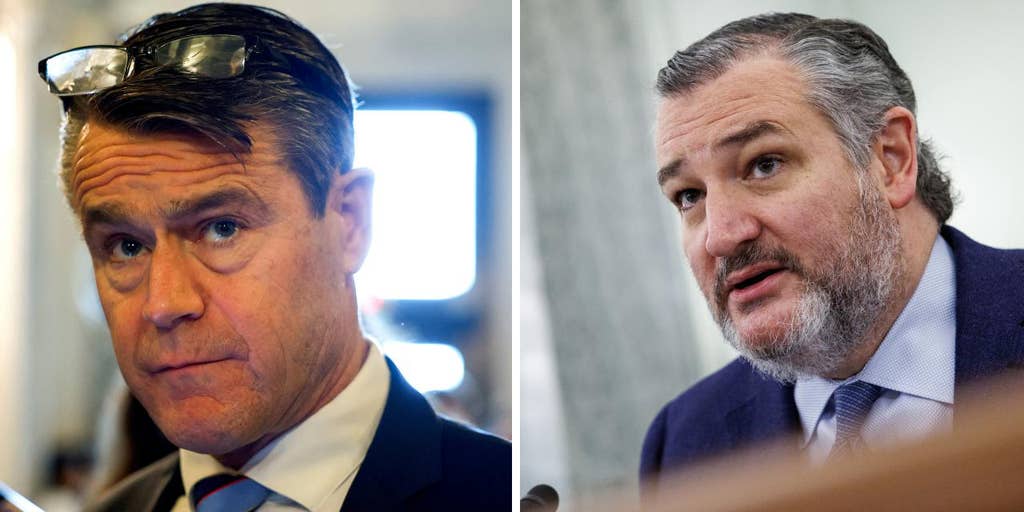Free Speech Showdown: GOP Senators Challenge Museums Ahead of March for Life Rally

In a bold stand for free speech, Senators Ted Cruz and Todd Young are challenging Washington D.C. museums to protect the First Amendment rights of pro-life advocates following a controversial incident at the Smithsonian in 2023.
The senators have raised serious concerns after pro-life students were reportedly ejected from a museum simply for wearing clothing that expressed their pro-life views. This action has sparked a heated debate about freedom of expression and potential viewpoint discrimination in public spaces.
Cruz and Young are demanding that federal museums respect constitutional protections that guarantee all Americans the right to peacefully express their beliefs, regardless of the topic or perspective. Their intervention highlights the critical importance of protecting free speech, especially in publicly funded cultural institutions.
The incident underscores a growing tension between institutional policies and individual rights, with the senators arguing that museums should be spaces of open dialogue and diverse perspectives, not environments that silence specific viewpoints.
By speaking out, these lawmakers are sending a clear message: constitutional rights are not negotiable, and pro-life students deserve the same respect and freedom of expression as any other group of citizens.

